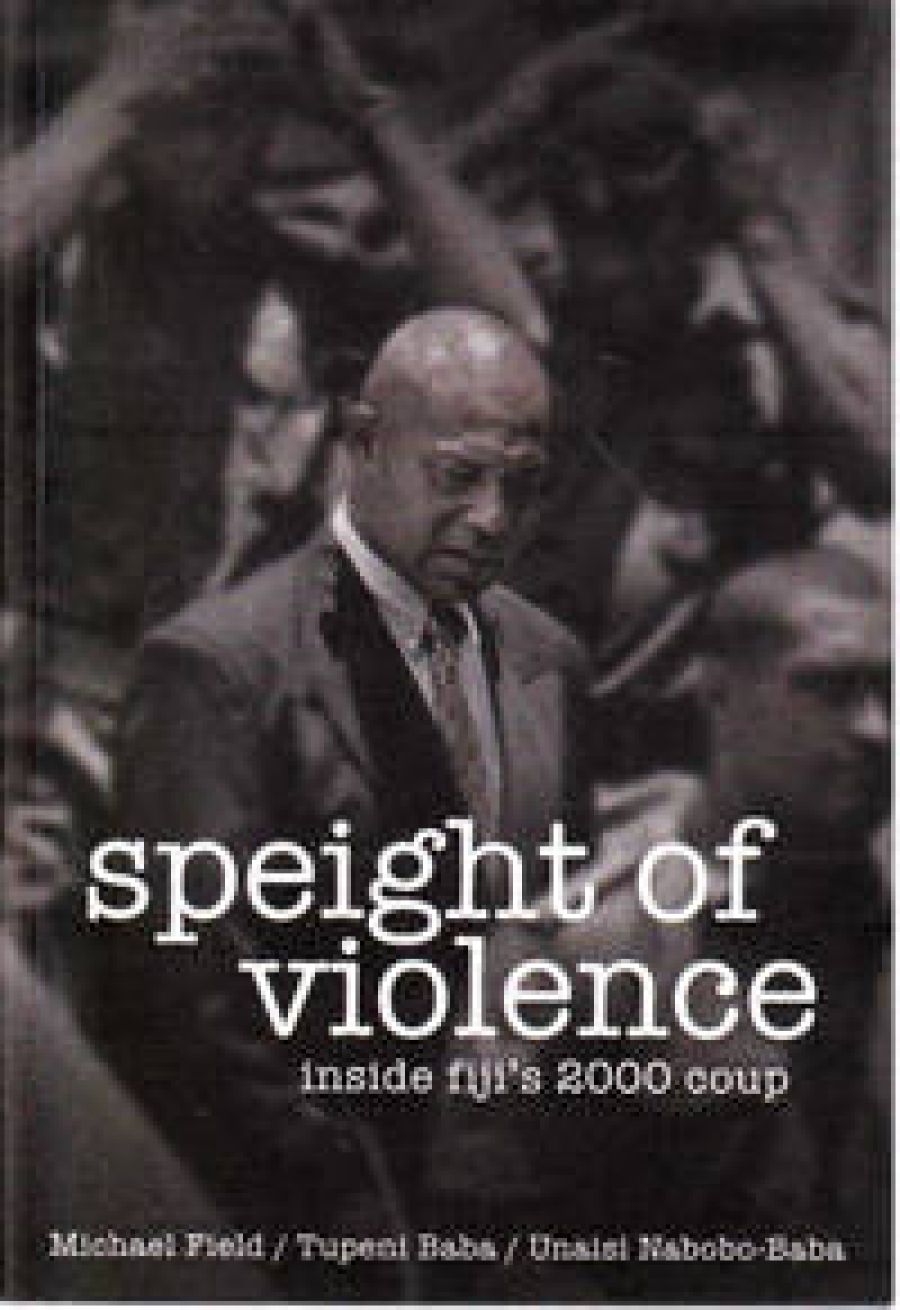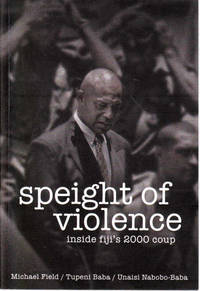
- Free Article: No
- Contents Category: Politics
- Review Article: Yes
- Article Title: A new heart of darkness
- Online Only: No
- Custom Highlight Text:
The cliché of the South Pacific as a tropical paradise is contradicted by the hellishness of the Melanesian/Polynesian political scheming that characterises most of the region. It is a form of scheming that would make Byzantine politics appear like the polite equivalent of an election for office in the Country Women’s Association. From Port Moresby to Suva, political élites hide behind a fraying façade of democratic governance while slyly engaging in corruption, crime, venality and spite in their dealings with each other and with the citizens they pretend to govern. Many are adept at manipulating the language of anti-colonialism to colonise their own peoples. The ramshackle states they have constructed cannibalise public resources, including resources donated by overseas governments and aid agencies. The South Pacific is becoming a zone of indefensible human suffering. This can be seen in the collapsed ‘state’ of Nauru, the recent violent civil conflicts in the Solomon Islands and Bougainville, and the looming governance crisis in Papua New Guinea. Fiji illustrates the South Pacific’s ‘hell in paradise’ theme vividly with its two coups in 1987 (led by Sitiveni Rabuka) and the even worse misfortunes of the Chaudhry Government in May 2000 at the hands of the notorious George Speight.
- Book 1 Title: Speight of Violence
- Book 1 Subtitle: Inside Fiji’s 2000 coup
- Book 1 Biblio: Pandanus, $34.95 pb, 288 pp
- Book 1 Cover Small (400 x 600):

This book seeks to shed light on the violent overthrow of Fiji’s elected government by Speight and his gang of armed thugs. It does so by offering three ‘voices’, each narrating the events from an individual perspective, but all three perspectives are anti-Speight. The main ‘voice’ is that of Michael Field, a seasoned journalist with a sound record in reporting on politics in Fiji and other parts of the South Pacific. His account of the coup is interwoven with a commentary by Dr Tupeni Baba, former academic and deputy prime minister in the Chaudhry Government. The third ‘voice’ is that of Baba’s wife, Unaisi Nabobo-Baba, also an academic, whose contributions add a sense of human reality to the surreal events entailed in Speight’s bizarre pillaging of Fiji’s parliamentary democracy.
The central aim of the book is to ask whether Speight was acting of his own accord or as a front for more sinister forces in Fijian society. There is no doubt that Speight had reason to bring down the Chaudhry government: Speight’s shady business dealings were coming under fierce scrutiny. ‘On the Monday before the coup Speight has been in court pleading not guilty on exchange rate and extortion charges that he would ultimately be convicted of.’ Later, of course, he was also convicted of treason, and he now sits in comfortable circumstances in prison on Nukulau Island (once a resort). It is likely that he will be released in a few years’ time, when his sentence expires or if he is granted official clemency.
The book suggests that there were other forces plotting the Chaudhry government’s overthrow. These elements represented established Fijian interests closely connected to forces in the Great Council of Chiefs, an institution meant to reflect traditional Fijian society and interests. Prime Minister Chaudhry is of Indian descent, like forty-eight per cent of Fiji’s population. British colonialism brought the original Indians to Fiji to grow sugar, but never provided the conditions that would enable them to integrate successfully into Fijian society after independence in 1970. That failure – like so many other colonial mistakes all over the South Pacific – has been at great cost to Fiji’s post-colonial development.
Did Speight jump the gun, ahead of another group of plotters? Was he the fall-guy, foolishly believing in his own bravado, but easily manipulated by others wanting to remain in the background but also to reap the rewards of the 2000 coup? The sordid details of the fifty-six days that Speight ‘held court’ in the parliament are explained with sustained dignity in this sometimes harrowing account of the coup. Speight was manic one moment and depressed the next, sometimes raving, desperately trying to drum up outside support, calling up unknown supporters on his cell phone, bullying, threatening, seemingly unhinged. He loved giving rambling press conferences, announcing mad plans for Fiji’s future governance, mostly on racial grounds. Eventually, journalists stopped attending these histrionic events. Speight’s own stupidities and the brutality of his goons are quietly detailed in the book, but never sensationalised. So too are the desultory attempts by the Commonwealth Secretariat, the United Nations, and the New Zealand and Australian foreign ministers to intervene to get the parliamentary hostages released. All these attempts failed.
The book’s three ‘voices’ offer related but different experiences of the events. This helps give a more rounded picture, but it also makes the narrative uneven. The reader has to move backwards and forwards, taking in the different perspectives of the ‘voices’.
The sad conclusion of this book is that nothing has really been resolved in Fiji. After it was all over, Speight took the rap, but he was really only a bit player in the whole nasty affair. The shadowy forces manipulating Fijian politics remain untouched by the events they orchestrated. A few of their allies who were compelled to take some of the blame along with Speight are surreptitiously being released from prison and even rewarded with sinecures and pensions. Justice is certainly not being seen to be done, nor is it being done. The 2000 coup will probably not be the last one in Fiji.
Speight of Violence is a wake-up call to the international community. The South Pacific is rapidly becoming a new ‘heart of darkness’.


Comments powered by CComment